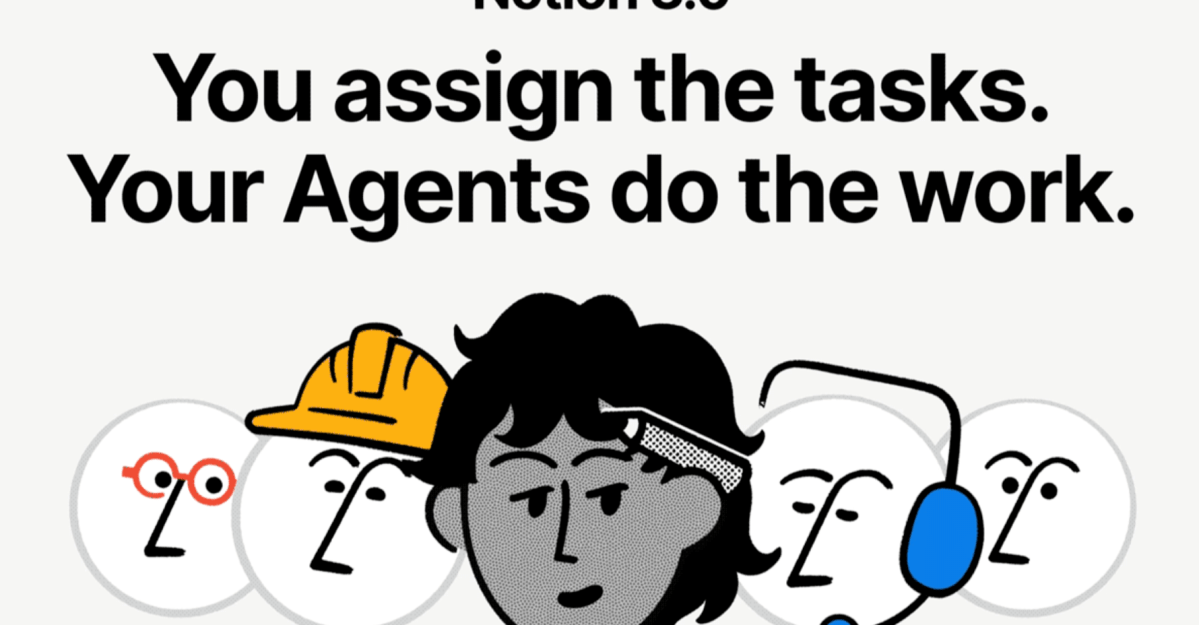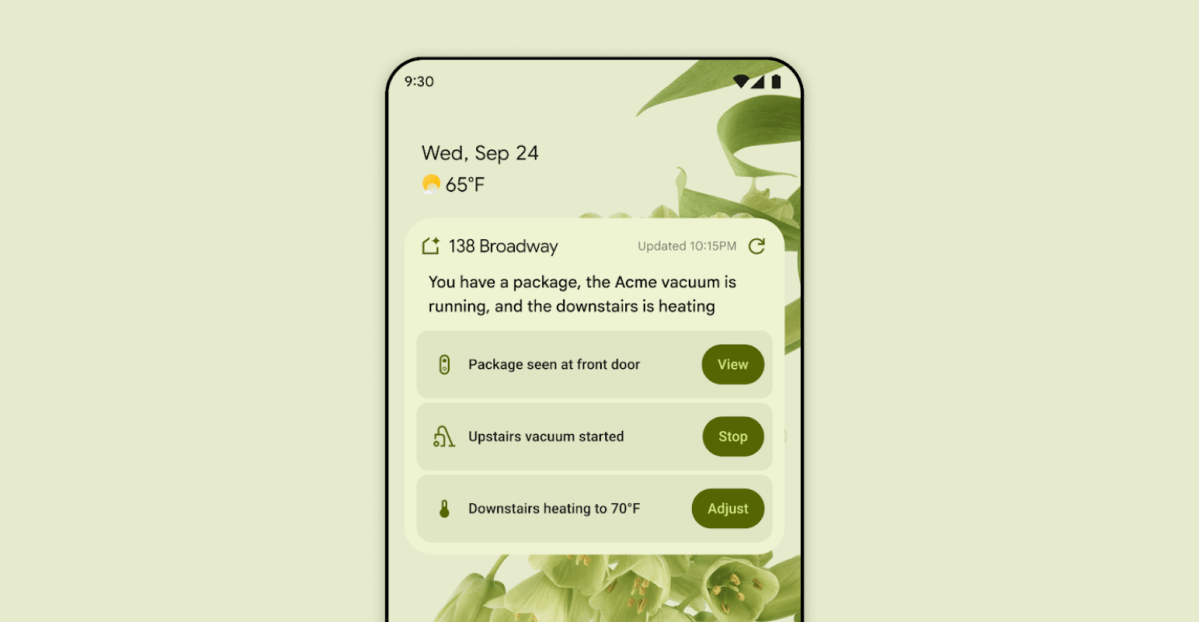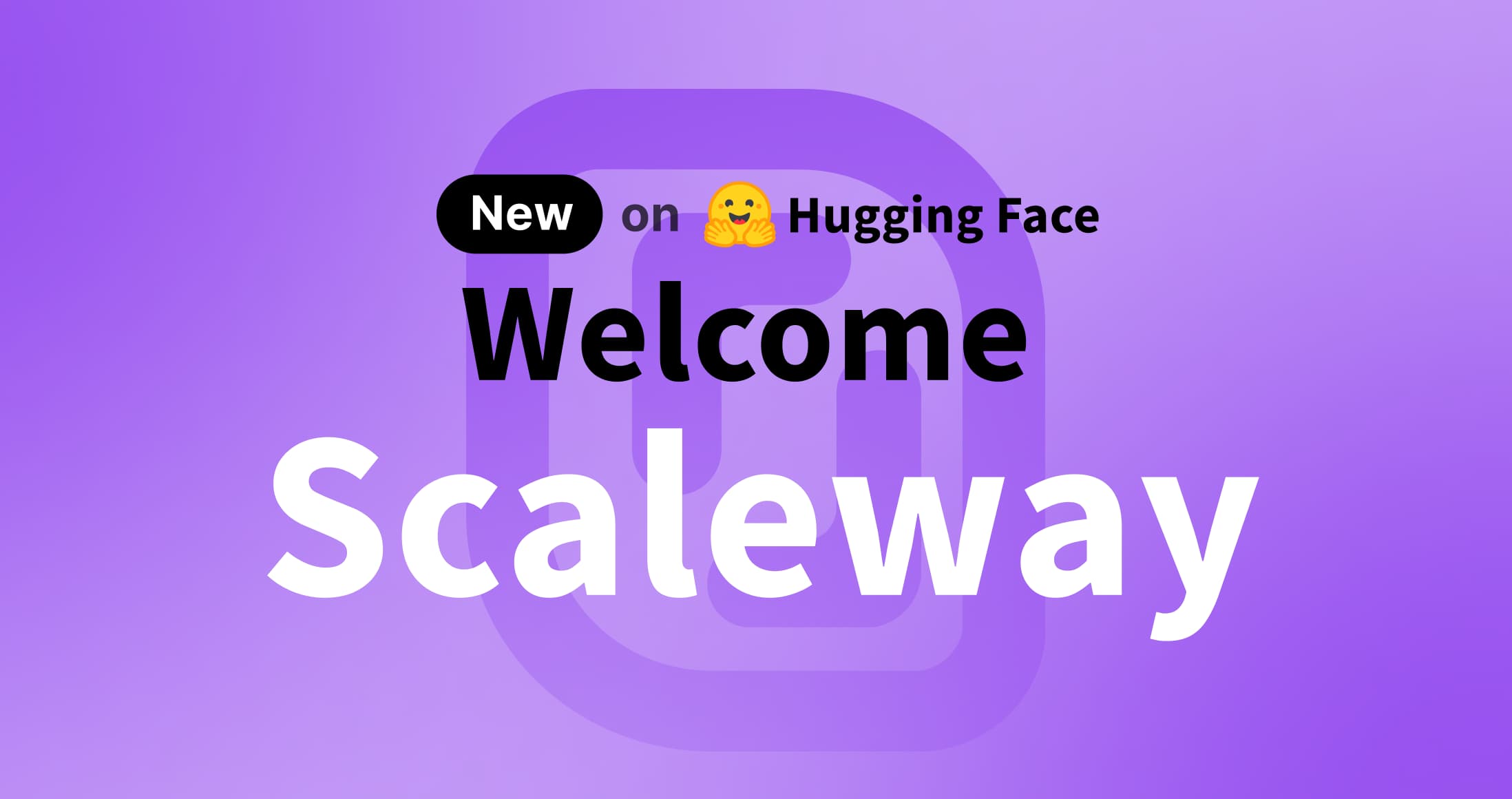
Notion’s AI Agent in Notion 3.0: Autonomous Page and Workflow Creation Across Tools
Sources: https://www.theverge.com/news/781293/notion-ai-agent-do-your-job, The Verge AI
TL;DR
- Notion launches Notion Agent as part of the Notion 3.0 rollout, described as a “teammate and Notion super user” that can do everything a human can do in Notion. The Verge
- Agents can build pages and databases automatically, not just manual creation by users, and can search beyond the Notion workspace across connected tools like Slack and the internet.
- They form plans and can act autonomously for up to 20 minutes at a time, handling hundreds of pages in parallel. Memories of user preferences are stored in profiles and editable later.
- Multiple profiles allow different agent behaviors for a single user; fully automated/customized agents are planned for the future.
- Use cases highlighted include generating and editing email campaigns, compiling cross-platform feedback into a single report, and turning meeting notes into emails and proposals.
Context and background
Notion has entered the AI agent era with a new product that sits at the core of its 3.0 rollout, expanding beyond the traditional page and database creation workflow. The company positions Notion Agent as a collaborative teammate—an AI assistant that can execute tasks that previously required manual effort within Notion. The launch aligns with Notion’s broader push to integrate AI deeply into its platform, enabling users to leverage automation and external tool connectivity across their workstreams. The Verge covered the announcement as the bulk of the Notion 3.0 release made available to all users, signaling a shift toward agents that actively participate in knowledge work rather than solely suggesting content. Notion’s cofounder Akshay Kothari had previously teased the concept of agents with demonstrations that included a cafe tracker and a movie database ranked by Rotten Tomatoes scores, underscoring the agent’s potential to assemble and organize data across diverse sources. This history helps explain why the Notion Agent emphasizes planning, cross-tool access, and memory-based personalization as core features of its early rollout. Source
What’s new
The centerpiece of Notion 3.0 is the Notion Agent, described as a “teammate and Notion super user” that can do everything a human can do in Notion. Notion states that agents can now construct pages and databases on behalf of users rather than relying solely on manual input. Beyond the walls of the Notion workspace, agents can search across connected tools such as Slack and the internet to gather information and inform actions. Key behavioral aspects include:
- Planning and acting: Agents can form a plan and execute it, performing autonomous work for up to 20 minutes at a time across hundreds of pages.
- Memory and preference handling: Agents remember a user’s preferred ways of working, including which content to reference and where to file it. These memories live in the user’s profile and can be edited later.
- Personalization via profiles: Each user’s agent can be customized under multiple profiles, allowing different behaviors for now. Notion notes that fully automated and customized agents will roll out in the future.
- Real-world use cases: The company highlights generating and editing email campaigns, collecting and analyzing feedback from multiple platforms into a single report, and turning meeting notes into emails and proposals. While Notion had previously emphasized AI-assisted content creation and editing, the new agent model expands the scope to autonomous action, multi-source information gathering, and cross-tool integration, aiming to streamline workflows that involve both Notion data and external systems.
Implementation and scope
Notion describes the agent as capable of operating across Notion’s own documents and databases, and extending to connected services like Slack and the wider internet. It is designed to remember user preferences, adapt across profiles, and operate within a defined autonomy window (up to 20 minutes at a time). The multiple-profile capability signals a phased path toward more automated, fully autonomous agents in future updates. This positioning also implies a shift in how Notion users will interact with information: instead of manually building structures, users can rely on the agent to generate the foundational pages and databases based on goals and prior preferences, then refine or extend them as needed.
Technical details or Implementation
Key capabilities
- Build pages and databases within Notion on user instruction and according to planned tasks.
- Cross-tool search and data gathering across Notion, Slack, and the internet to inform actions.
- Plan-and-execute workflow logic, with autonomous operation windows limited to 20 minutes per session.
- Personalization through memories stored in user profiles, editable later.
- Support for multiple profiles per user, enabling different agent behaviors today; broader automation to be introduced later.
Practical constraints
- Autonomous activity is time-limited per session (up to 20 minutes) and designed to operate across hundreds of pages concurrently.
- Memory and behavior customization depend on profiles rather than a single global setting.
- Future updates are anticipated to expand automation capabilities and automation depth beyond current per-profile customization.
Why it matters (impact for developers/enterprises)
For teams that rely on Notion as a central knowledge base, the Notion Agent promises to accelerate content creation, organization, and reporting workflows by transferring repetitive tasks from humans to AI. The ability to search beyond Notion and integrate with Slack enables centralized data collection and analysis from disparate sources, potentially reducing time spent on data wrangling and document assembly. The memory of user preferences and the multi-profile framework offer a path to role- or project-specific agent configurations, supporting more scalable automation across organizations. The Verge’s coverage highlights that this is the broad rollout of an AI-enabled agent paradigm rather than a limited feature test, which could influence how developers and enterprises plan for AI-assisted knowledge work within Notion.
Technical details or Implementation (continued)
Table: Notion Agent capabilities vs manual workflow (illustrative snapshot) | Capability | Notion Agent | Manual Workflow |---|---|---| | Page and database creation | Yes | No (manual) |Cross-tool search | Notion workspace, Slack, internet | Limited to internal search |Autonomy window | Up to 20 minutes per session | None (requires manual execution) |Memory of preferences | Stored in user profile | Not persistent by default |Multi-profile behaviors | Yes | No (single mode) |
Key takeaways
- The Notion Agent marks a significant step in Notion’s AI evolution by enabling autonomous content creation and cross-tool coordination.
- It expands the scope of AI-driven work beyond the Notion workspace to include Slack and web sources, enabling broader data synthesis.
- Personalization via profiles and memories supports tailored automation, with more automated agent capabilities planned for the future.
- The initial use cases show practical applications in marketing (email campaigns), feedback analysis, and turning meeting notes into actionables like emails and proposals.
- The rollout to all users signals a broader shift toward agent-assisted knowledge work within Notion’s ecosystem.
FAQ
-
What is Notion Agent and how does it differ from prior Notion AI features?
Notion Agent is an autonomous assistant that can plan and execute tasks, build pages and databases, and search across Notion, Slack, and the internet, whereas earlier AI features were more focused on content suggestions and editing rather to direct, autonomous action.
-
How does Notion Agent handle data and memories?
gents remember a user’s preferred way of working, storing memories in the user’s profile, and these memories can be edited later. Personalization occurs through multiple profiles with different behaviors for now.
-
What are the suggested use cases for Notion Agent?
Generating and editing email campaigns, collecting and analyzing cross-platform feedback into a single report, and turning meeting notes into emails and proposals.
-
When will fully automated and customized agents be available?
Notion plans to roll out fully automated and customized agents in the future beyond the current multi-profile setup.
References
- The Verge AI: Notion’s new AI Agents will basically do your job for you. https://www.theverge.com/news/781293/notion-ai-agent-do-your-job
More news
First look at the Google Home app powered by Gemini
The Verge reports Google is updating the Google Home app to bring Gemini features, including an Ask Home search bar, a redesigned UI, and Gemini-driven controls for the home.
Meta’s failed Live AI smart glasses demos had nothing to do with Wi‑Fi, CTO explains
Meta’s live demos of Ray-Ban smart glasses with Live AI faced embarrassing failures. CTO Andrew Bosworth explains the causes, including self-inflicted traffic and a rare video-call bug, and notes the bug is fixed.
OpenAI reportedly developing smart speaker, glasses, voice recorder, and pin with Jony Ive
OpenAI is reportedly exploring a family of AI devices with Apple's former design chief Jony Ive, including a screen-free smart speaker, smart glasses, a voice recorder, and a wearable pin, with release targeted for late 2026 or early 2027. The Information cites sources with direct knowledge.
Shadow Leak shows how ChatGPT agents can exfiltrate Gmail data via prompt injection
Security researchers demonstrated a prompt-injection attack called Shadow Leak that leveraged ChatGPT’s Deep Research to covertly extract data from a Gmail inbox. OpenAI patched the flaw; the case highlights risks of agentic AI.
Predict Extreme Weather in Minutes Without a Supercomputer: Huge Ensembles (HENS)
NVIDIA and Berkeley Lab unveil Huge Ensembles (HENS), an open-source AI tool that forecasts low-likelihood, high-impact weather events using 27,000 years of data, with ready-to-run options.
Scaleway Joins Hugging Face Inference Providers for Serverless, Low-Latency Inference
Scaleway is now a supported Inference Provider on the Hugging Face Hub, enabling serverless inference directly on model pages with JS and Python SDKs. Access popular open-weight models and enjoy scalable, low-latency AI workflows.





